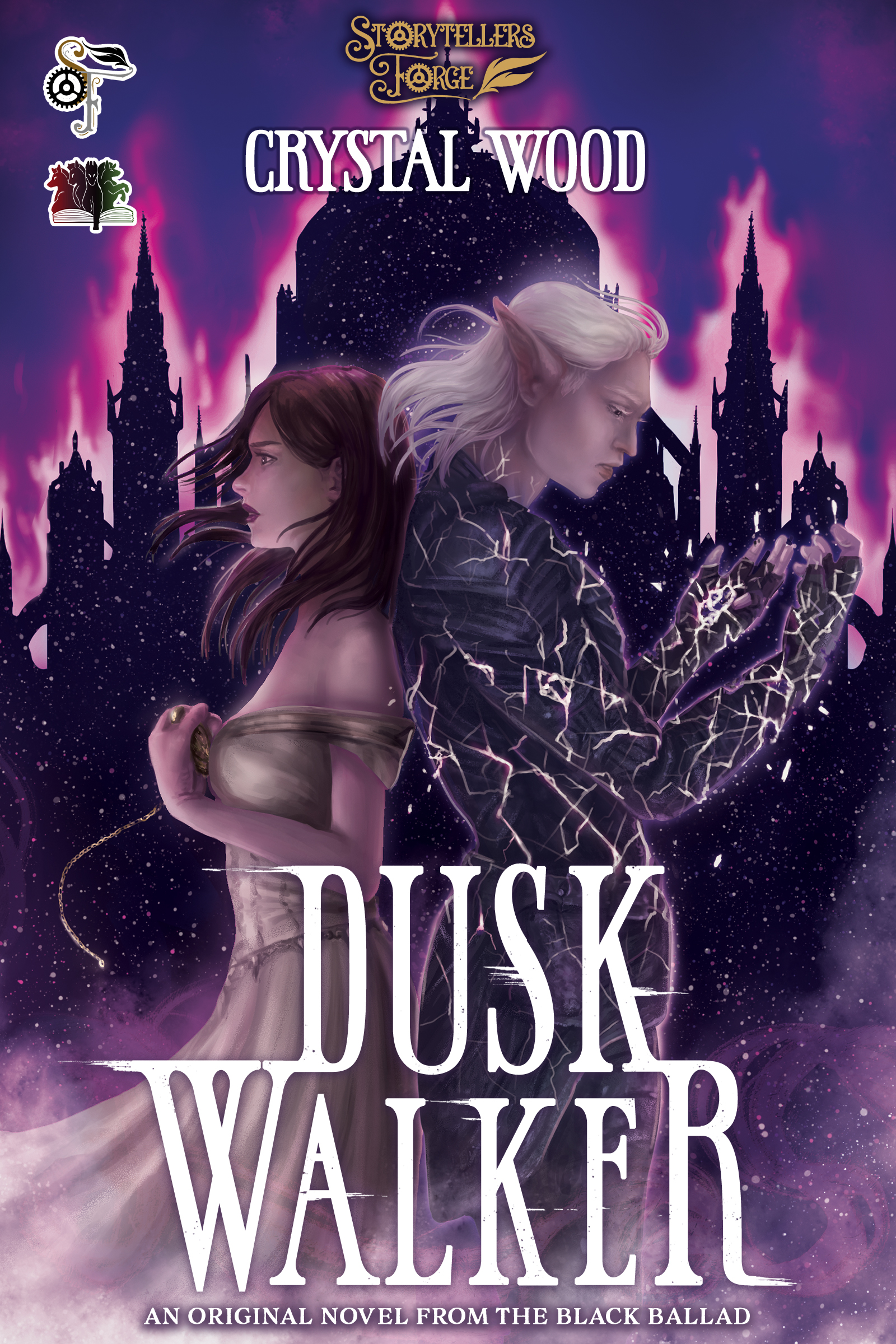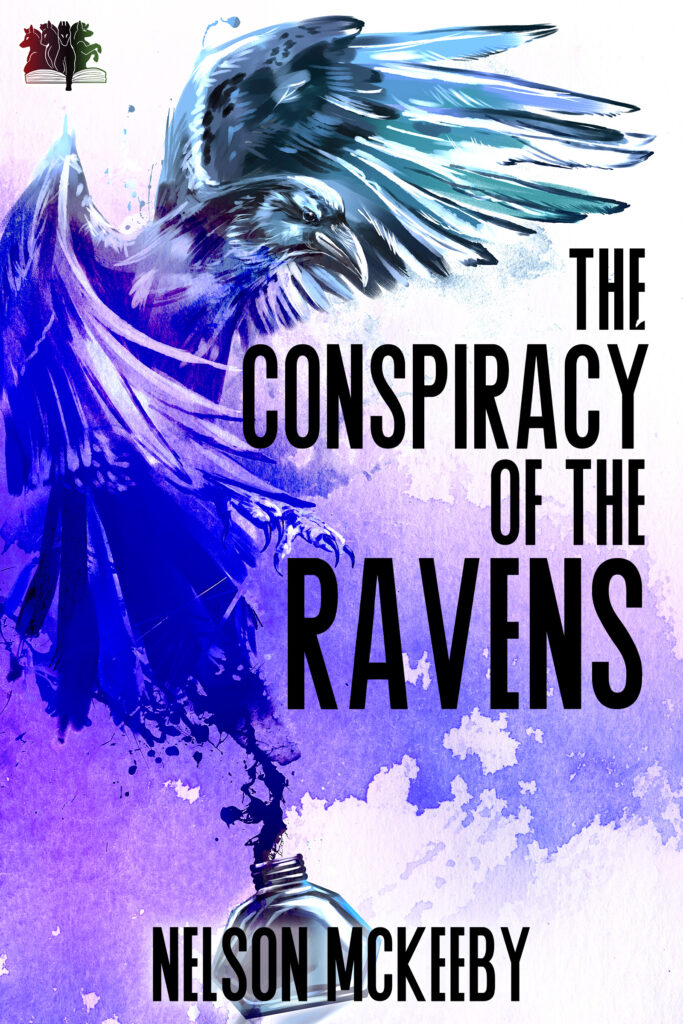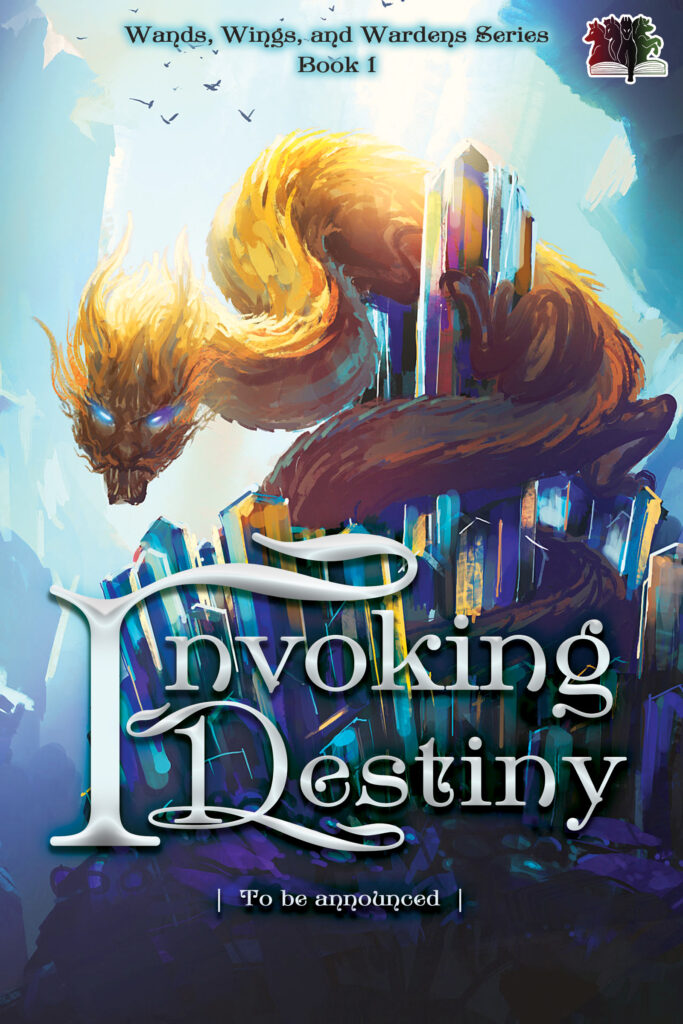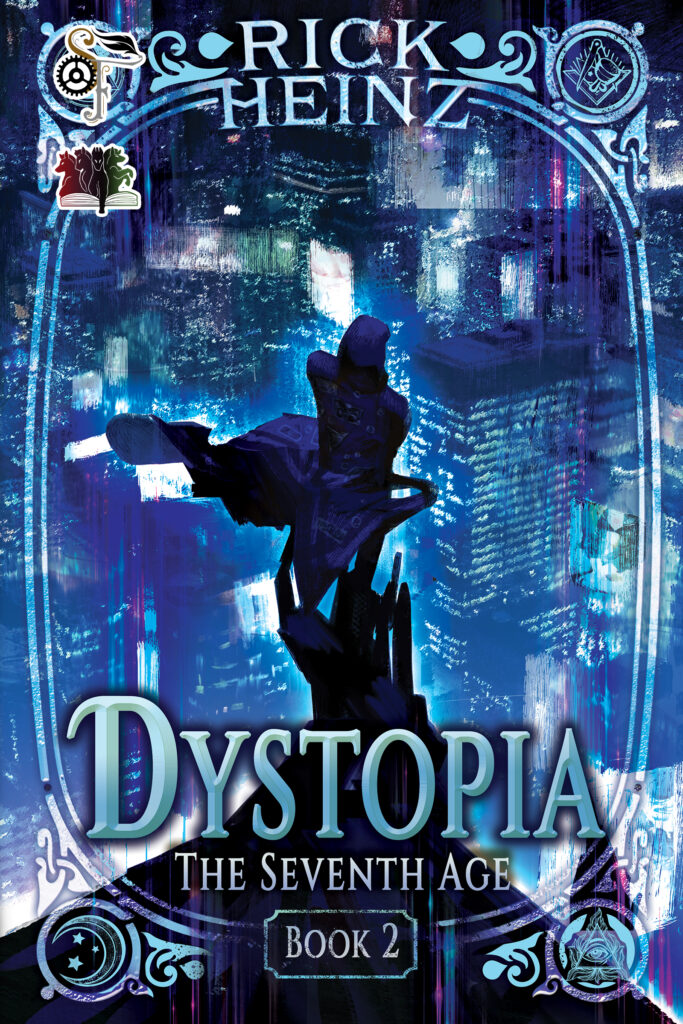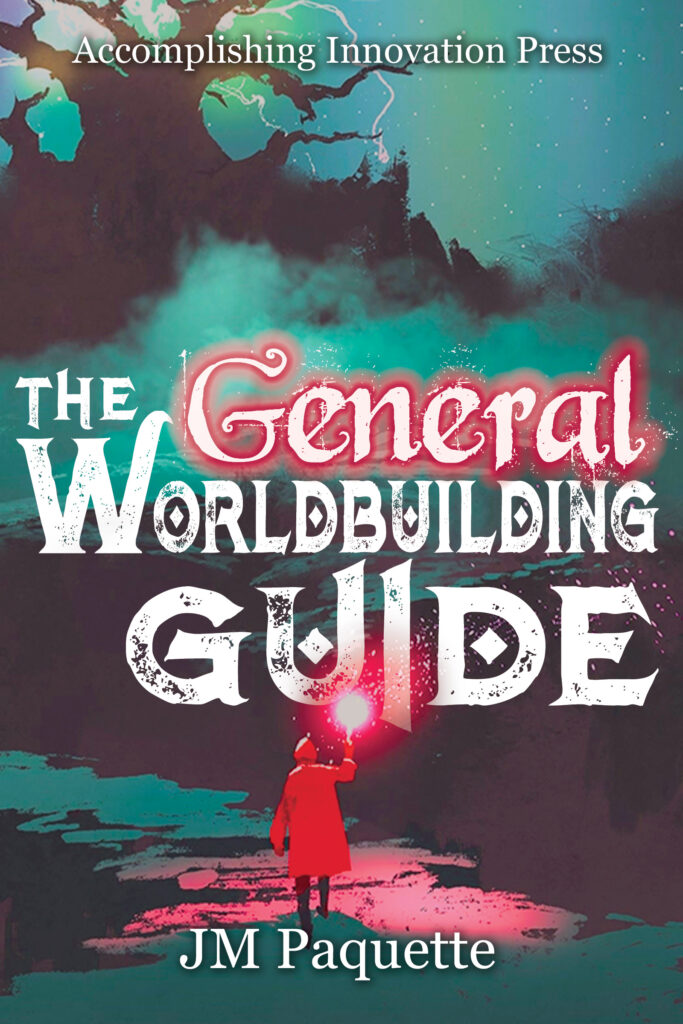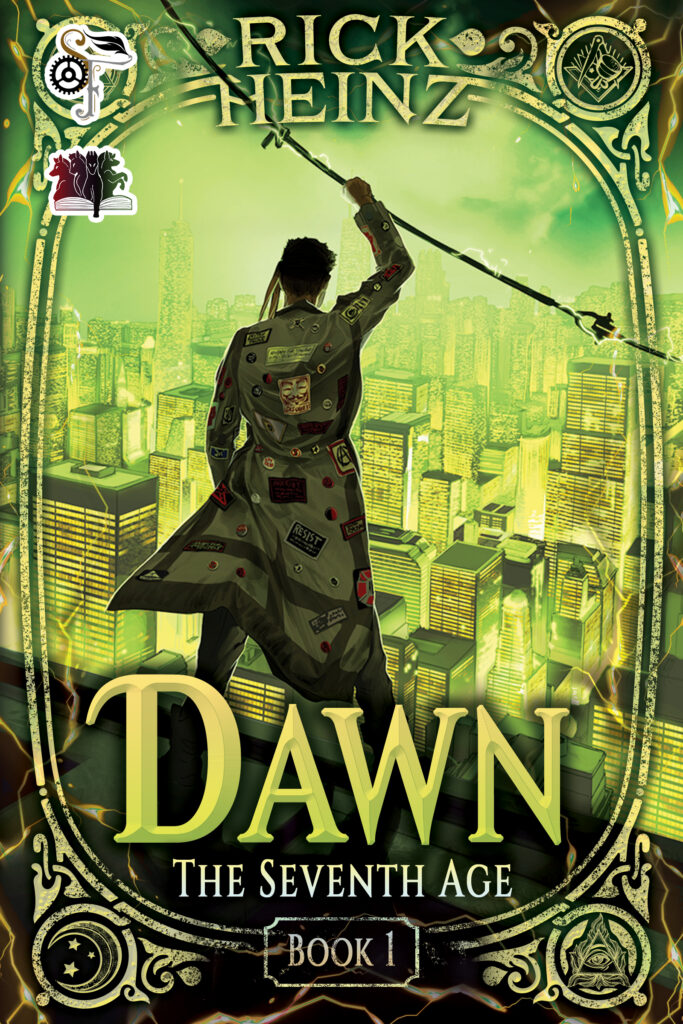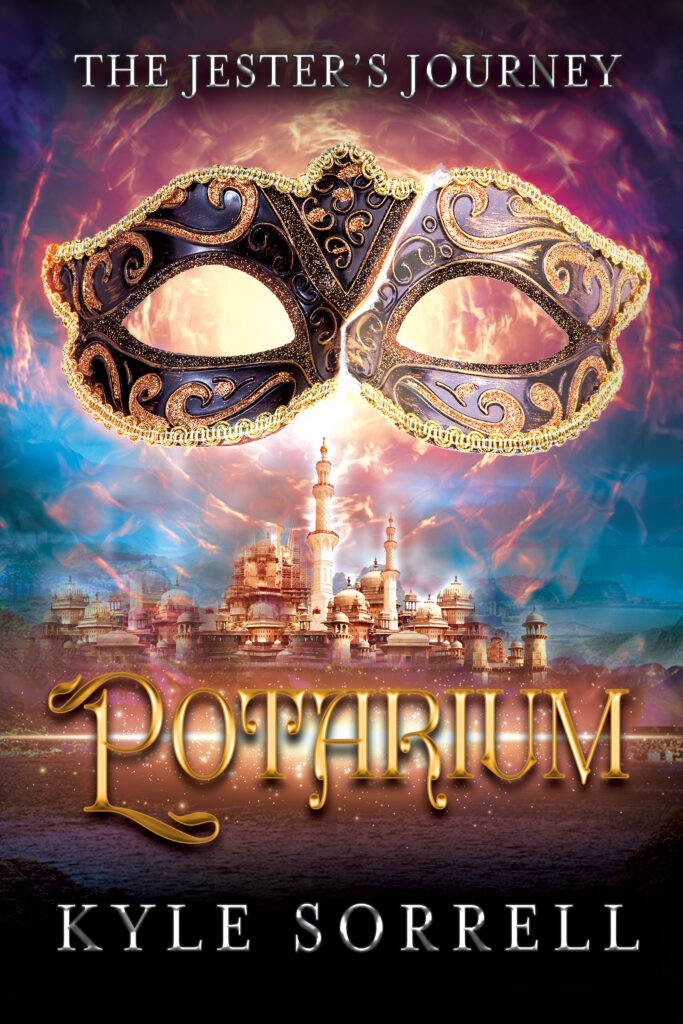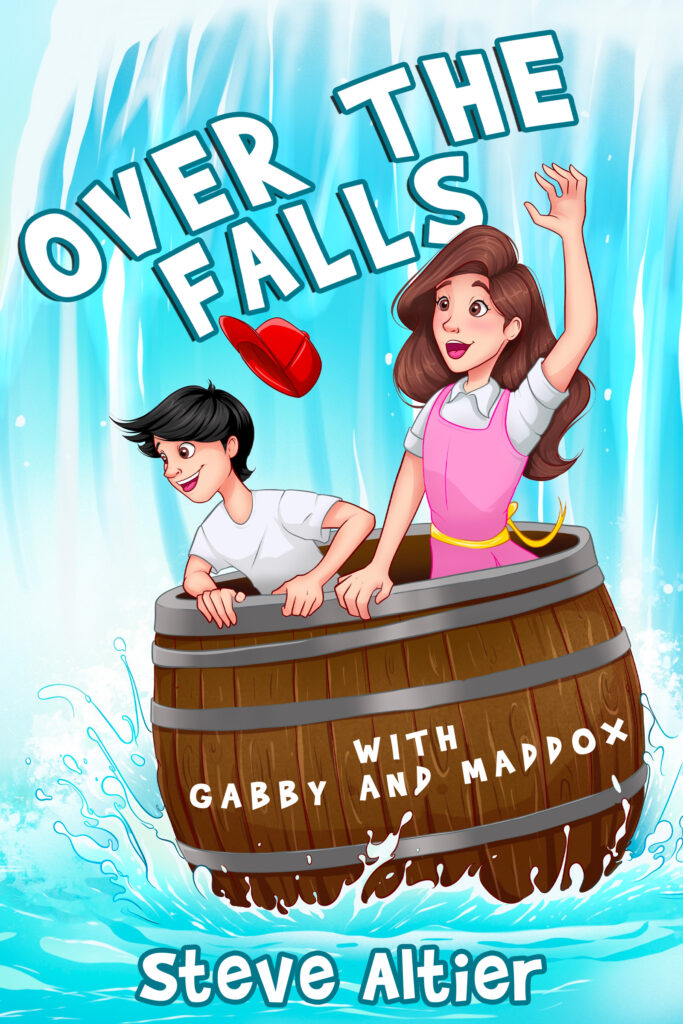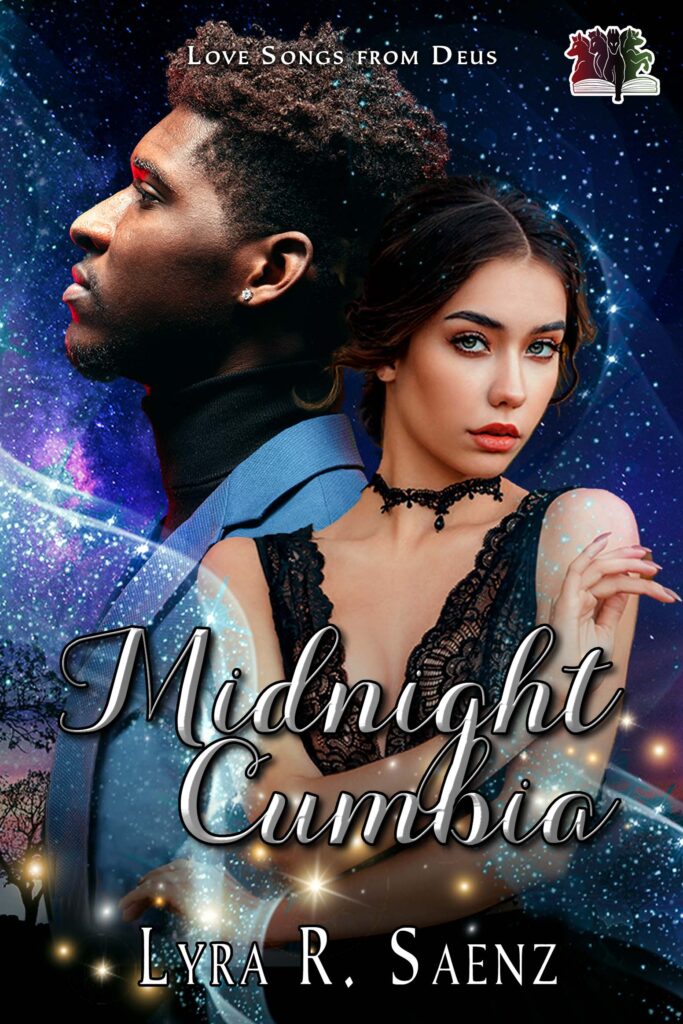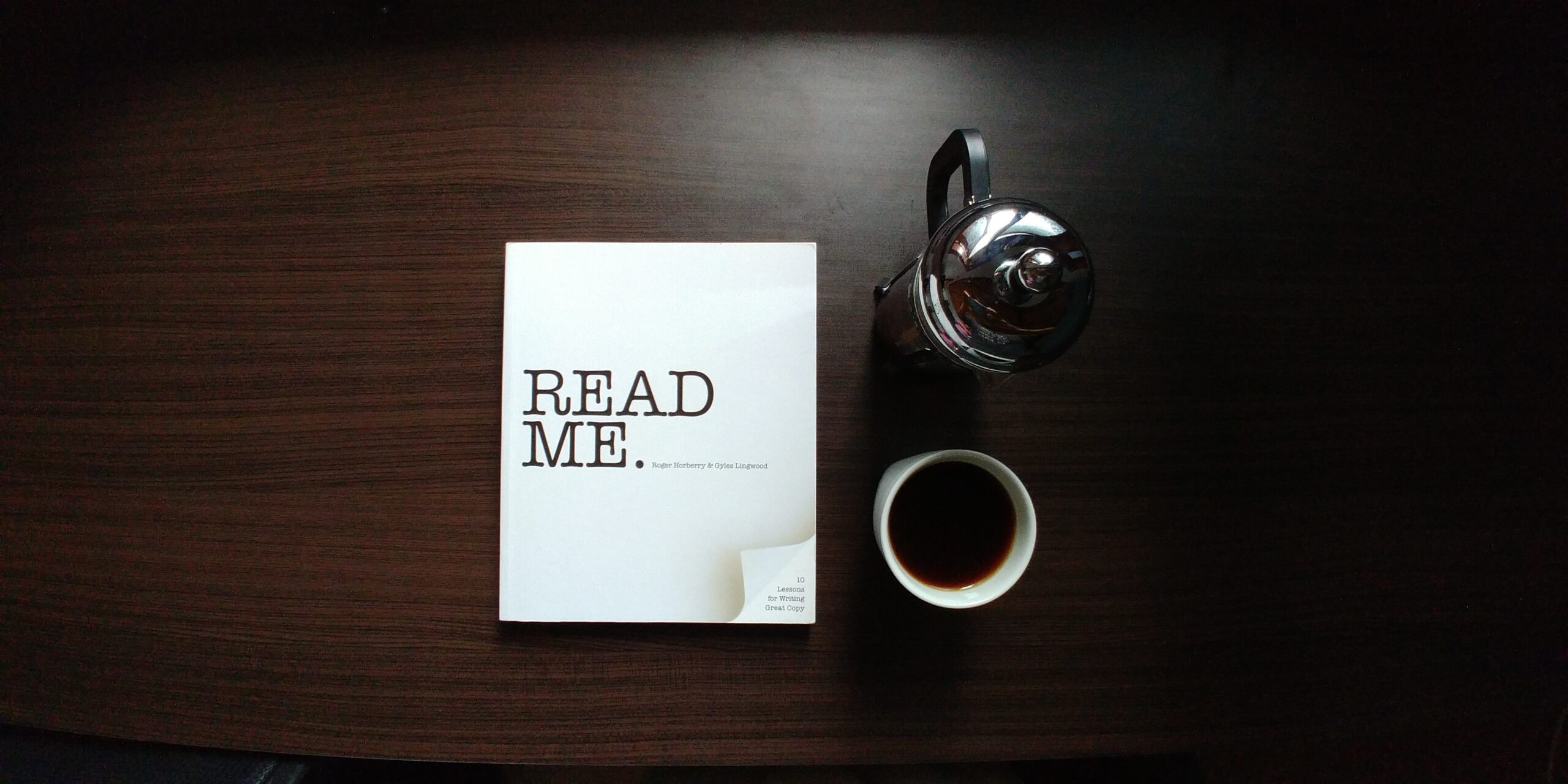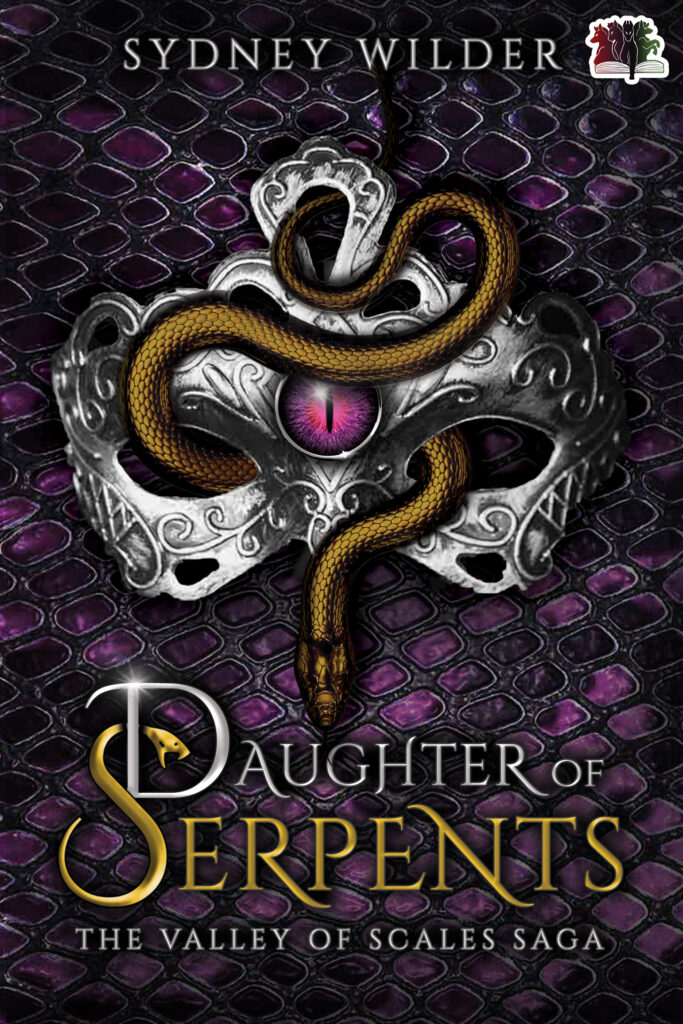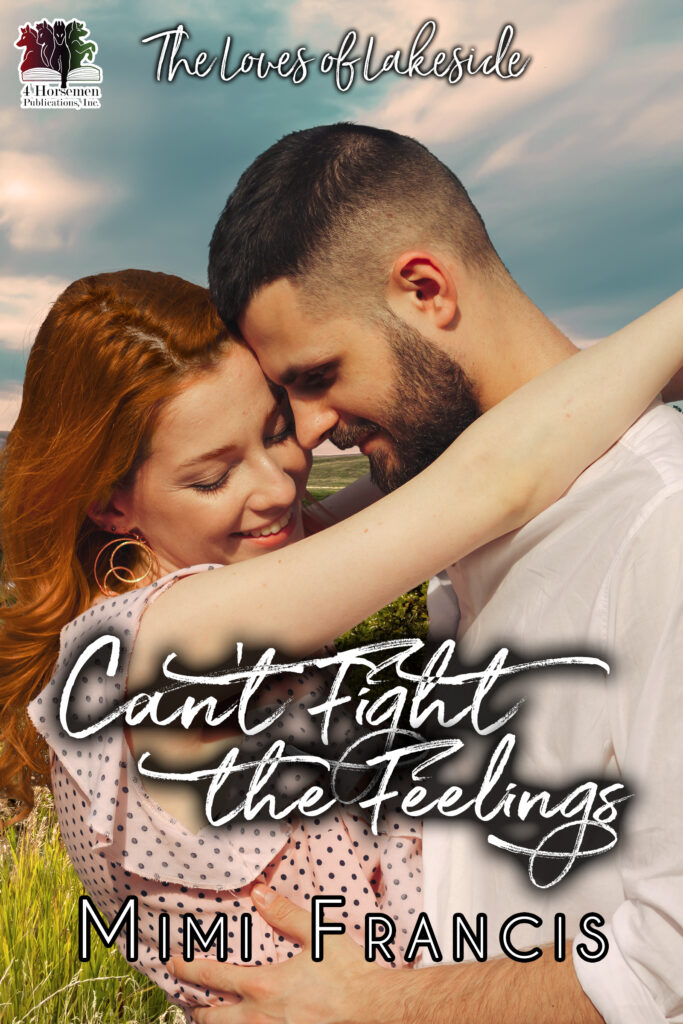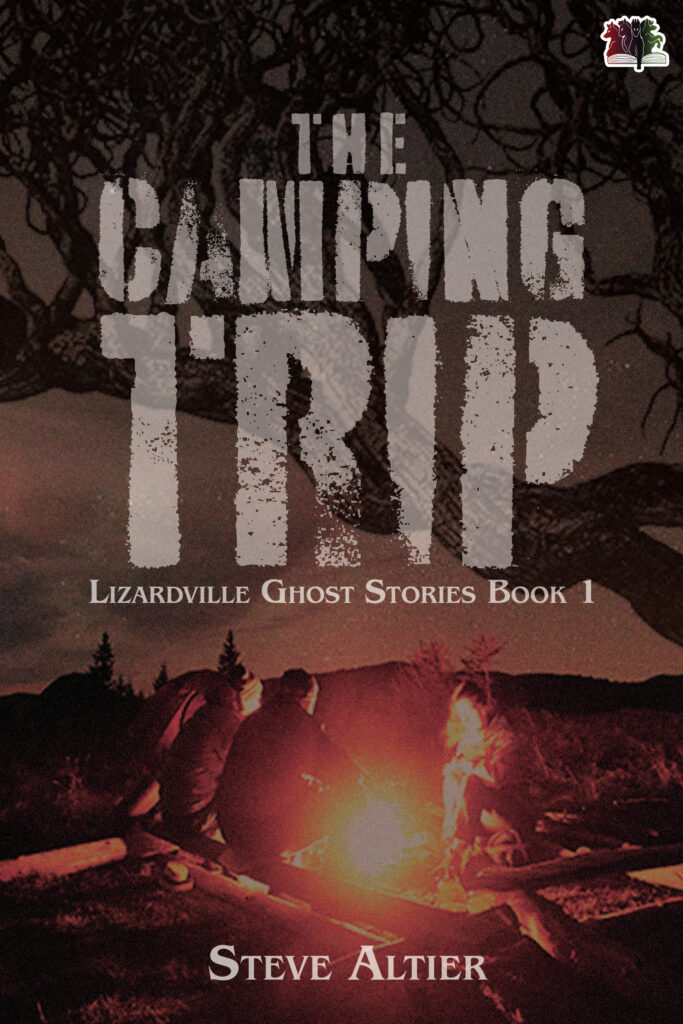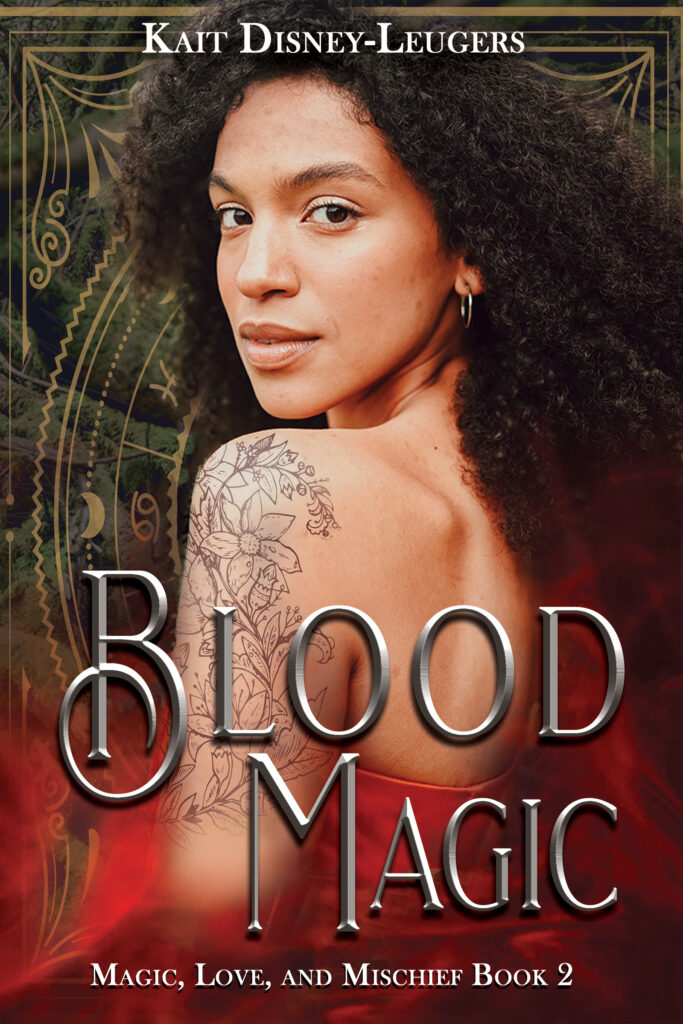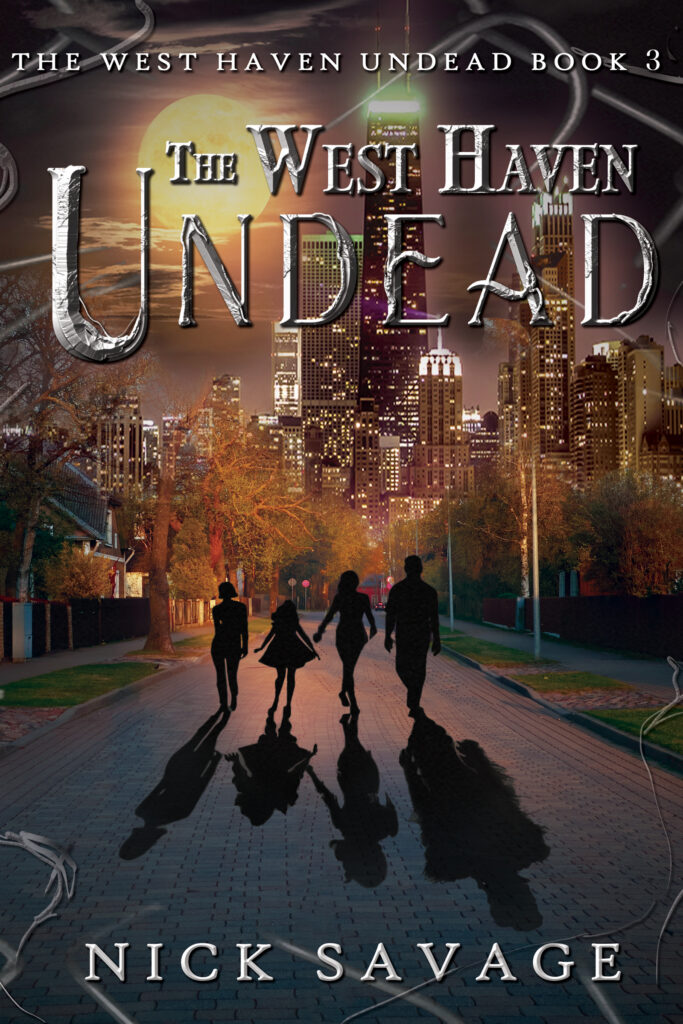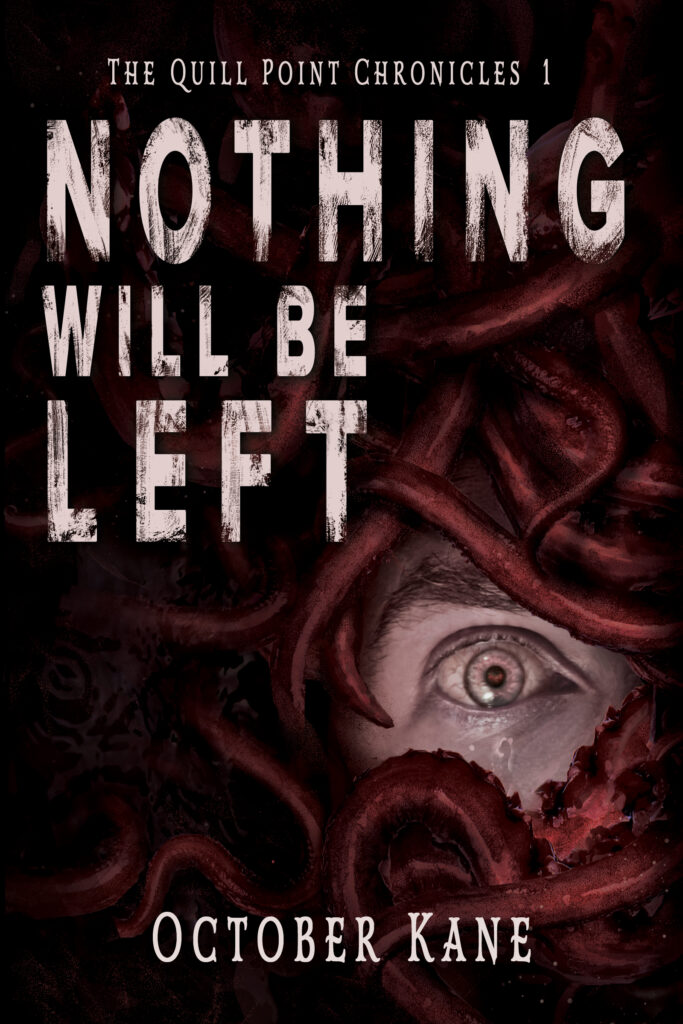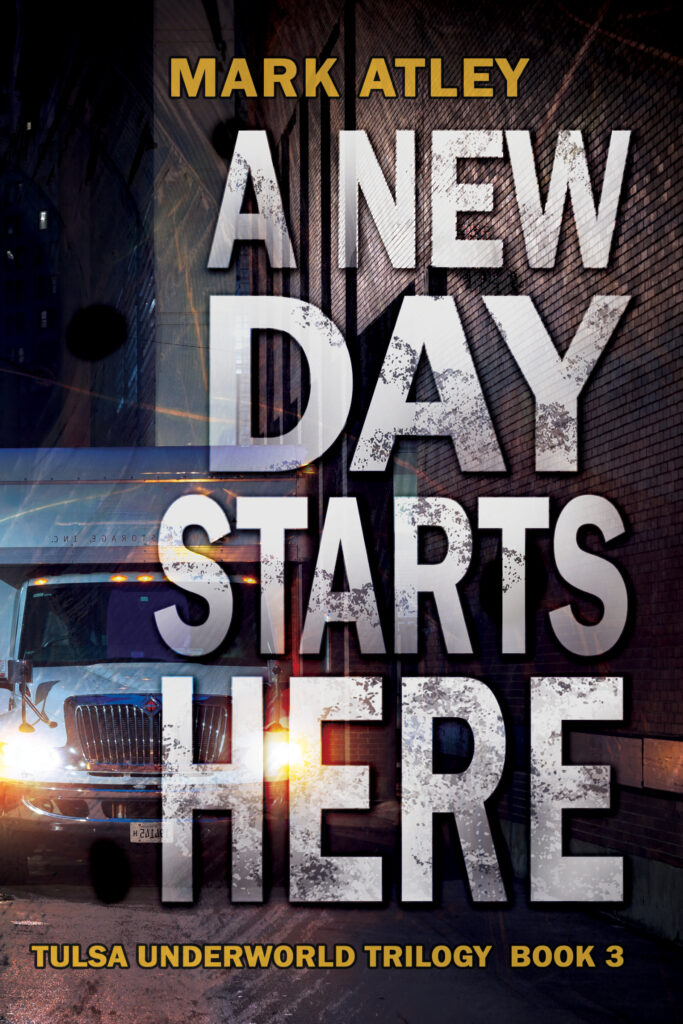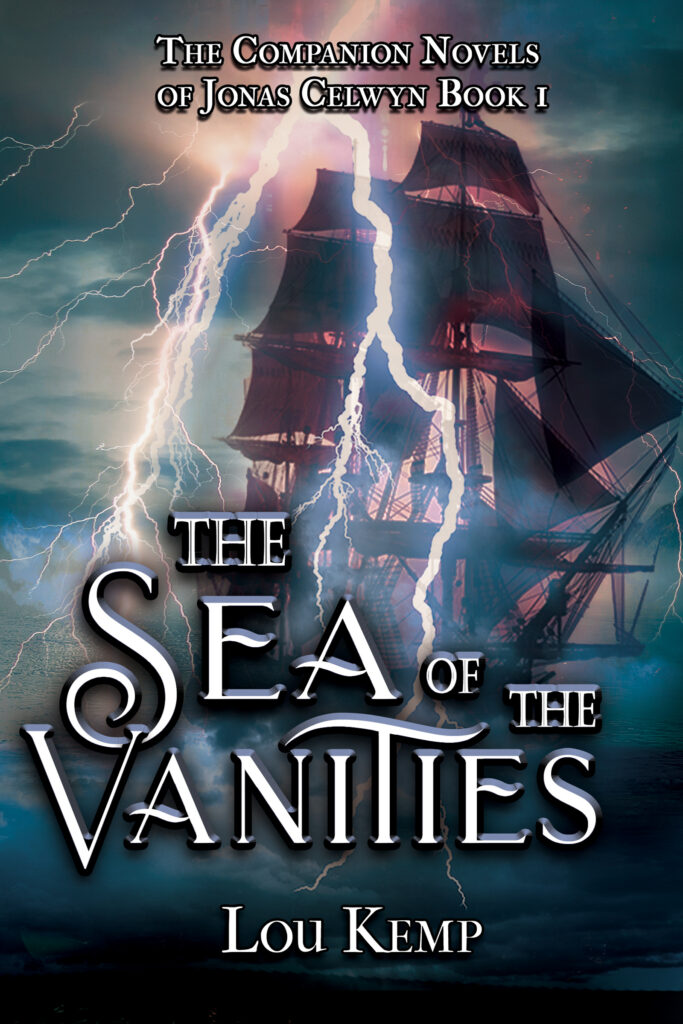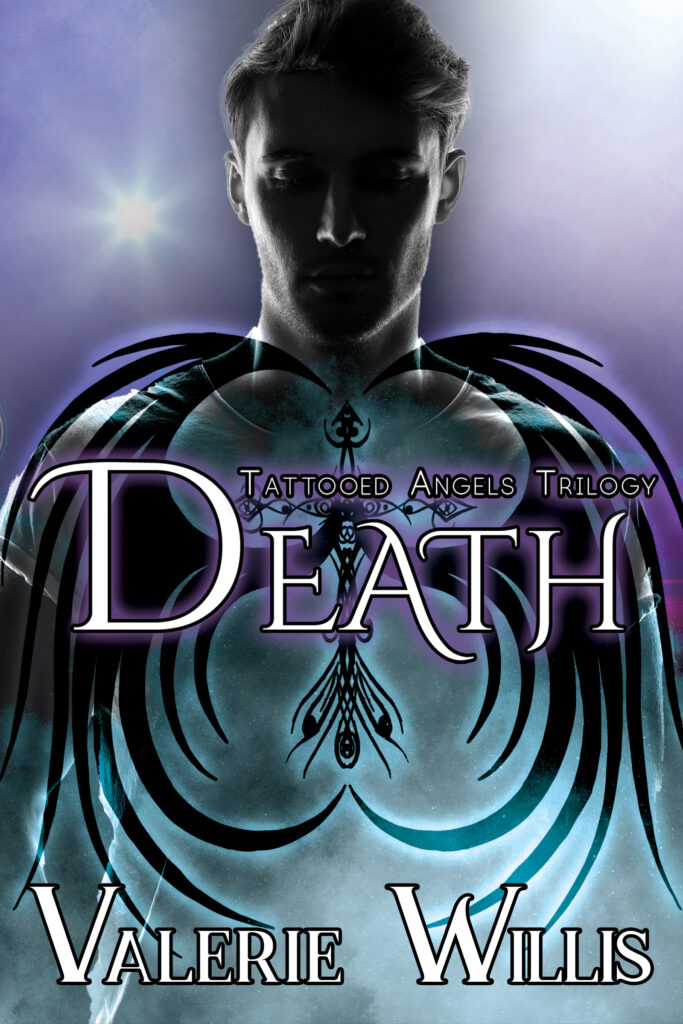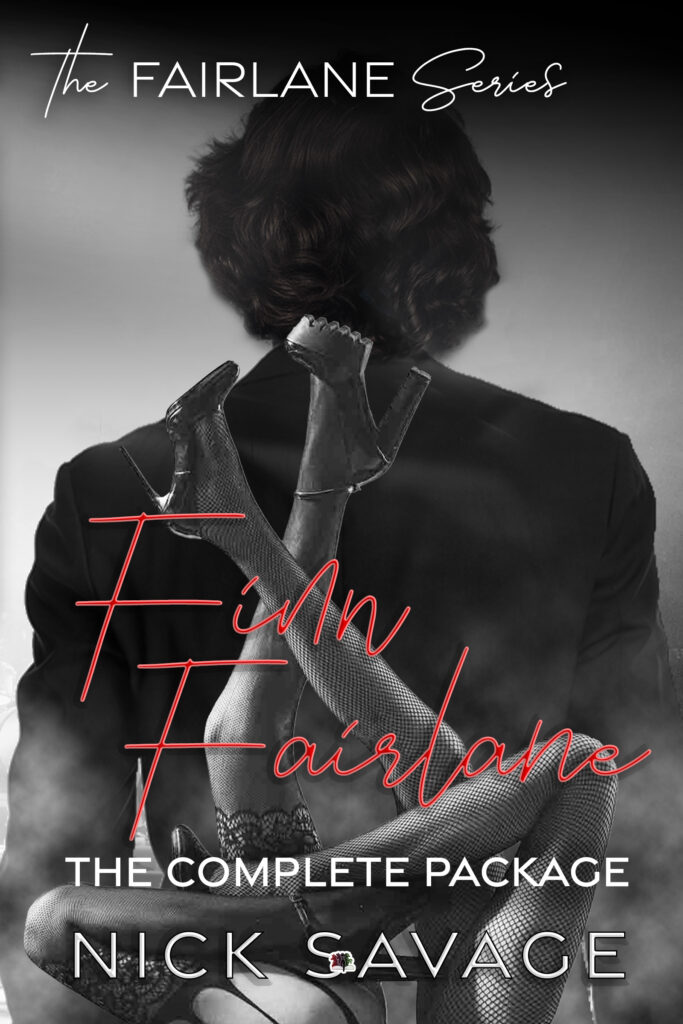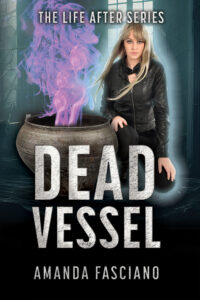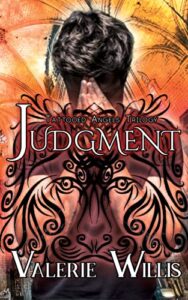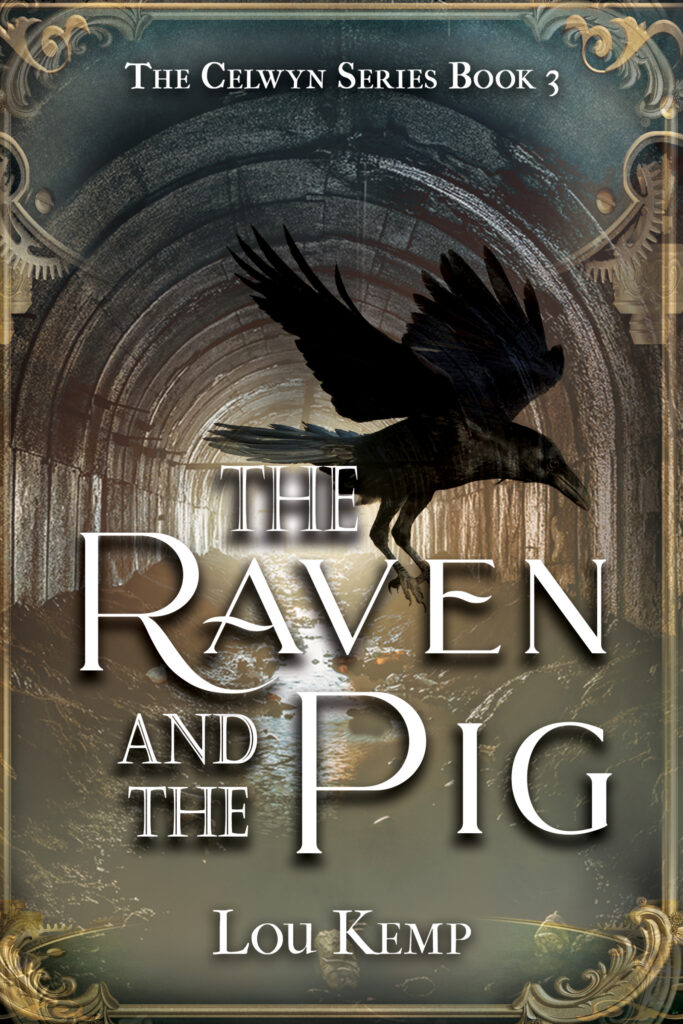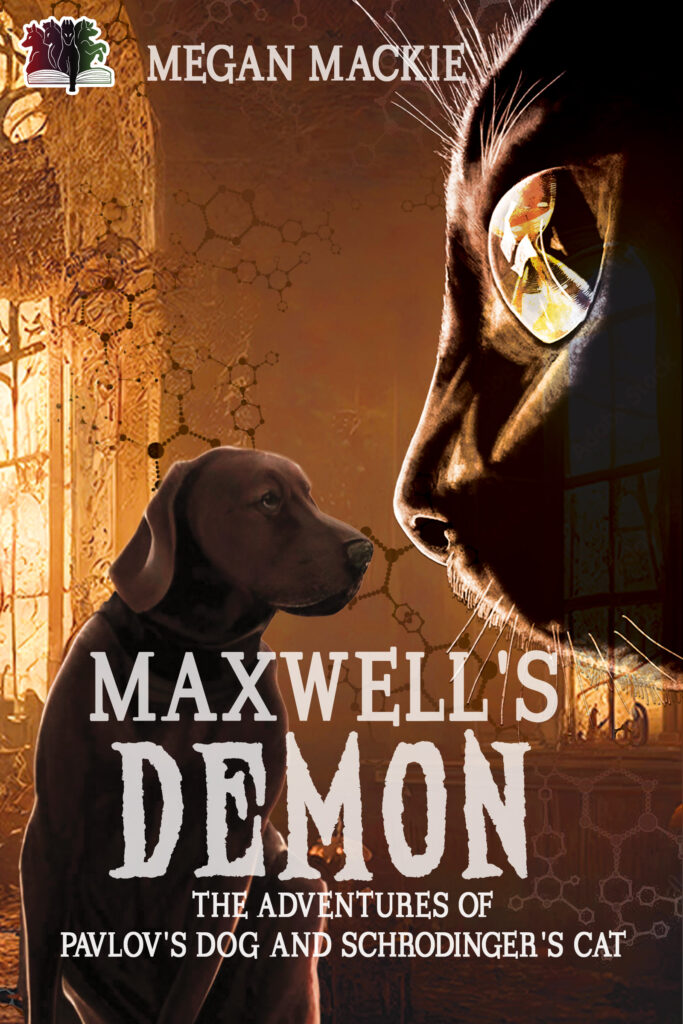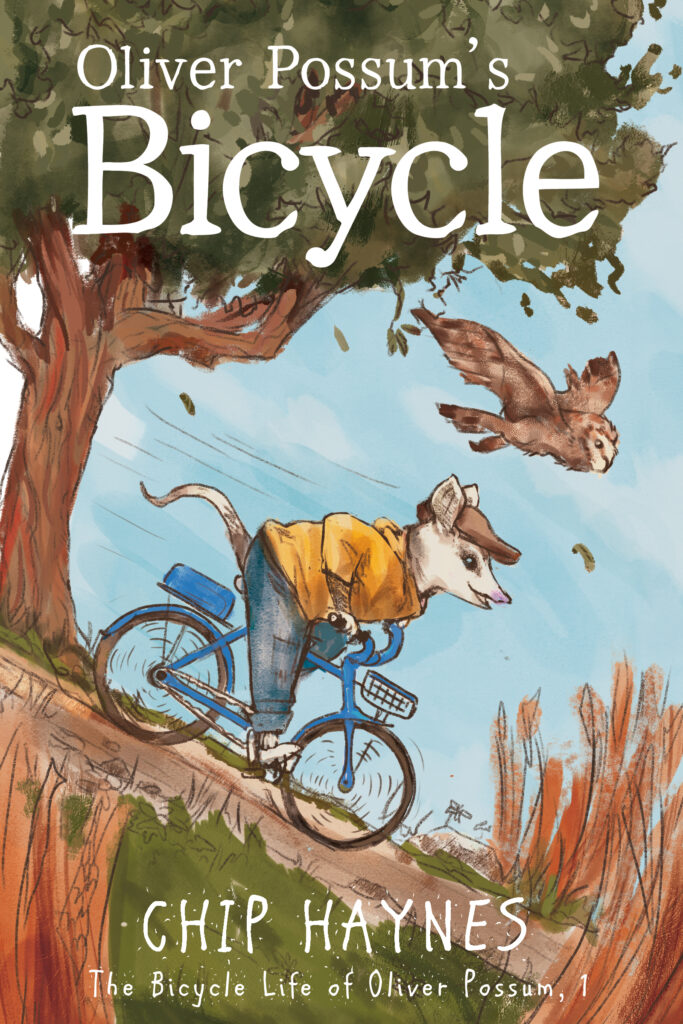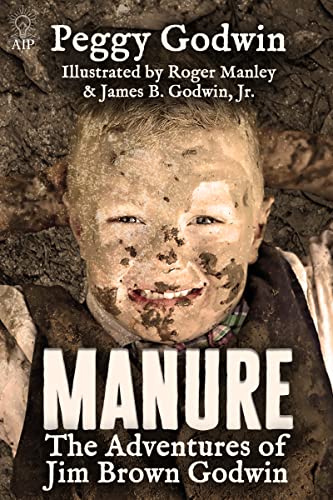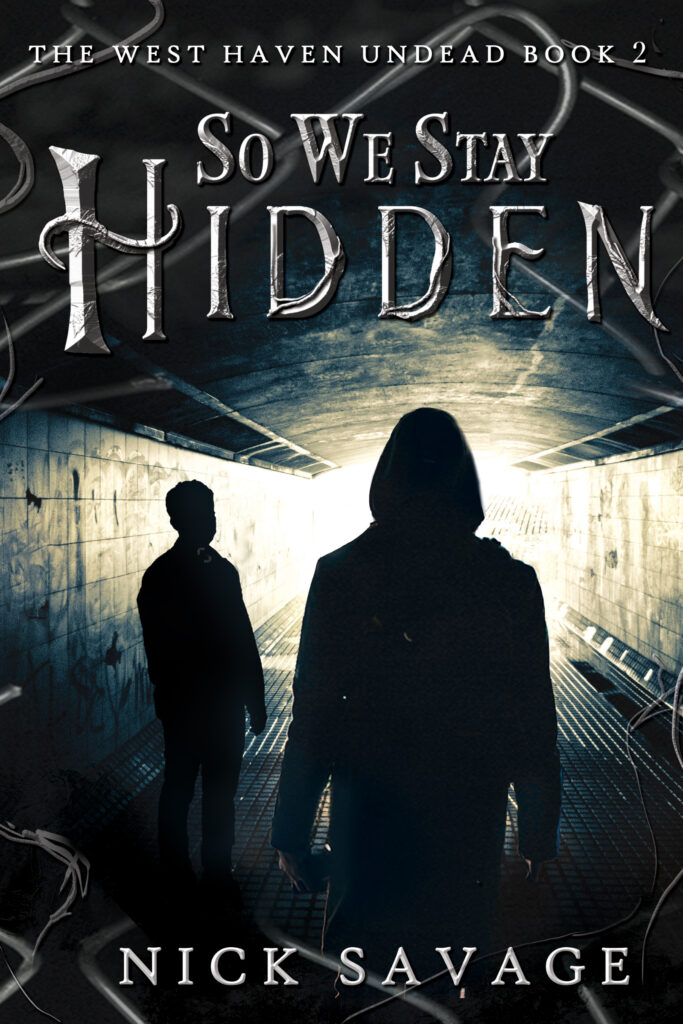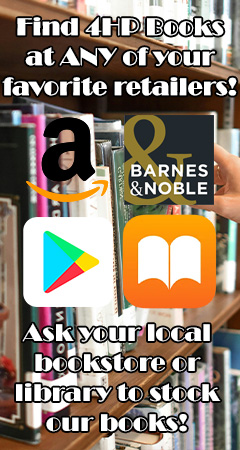Book 4 in the Jungle Series is now available for preorder!
Humanity is in a race against extinction.
Having survived a horrific attack by the Creeps, Adam Blake is badly scarred and weak. Though no one believes him, the attack; and subsequent coma; cursed Adam with prophetic visions wherein the Creeps evolve, the vines grow out of control, and a new threat rises to bring genocide to the human race.
When his visions come to fruition, it falls to John Sage to stop the threat with the tools he’s found at the research facility. Combining science and weaponry, he faces off against familiar foes, but can John survive when aliens are involved?
The latest novel by author Alan Berkshire continues the amazing and terrifying saga of defending the world from the Creeps.
You can pre-order this book in all formats directly from 4 Horsemen Publications with 15% OFF the cover price here:
You can also catch up on books 1-3 by using the coupon code 4HP10.

